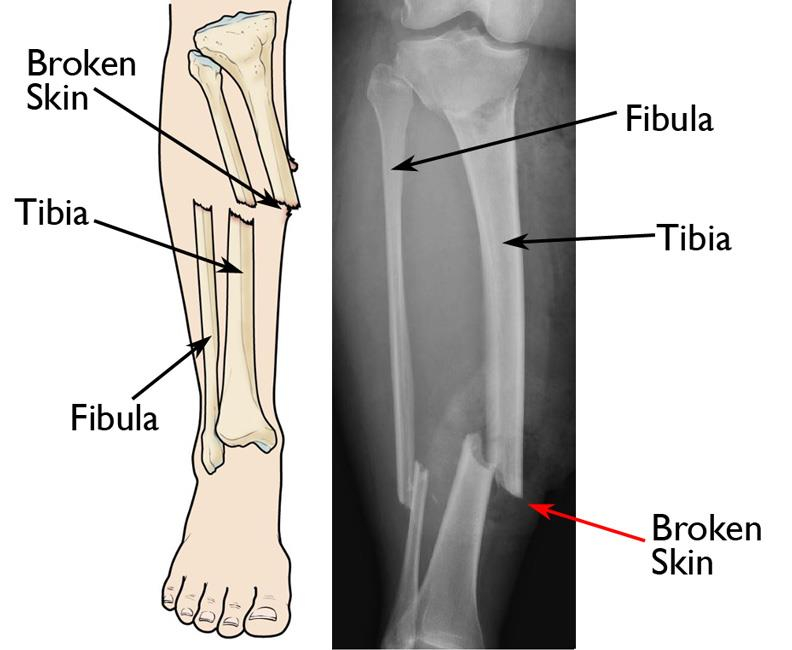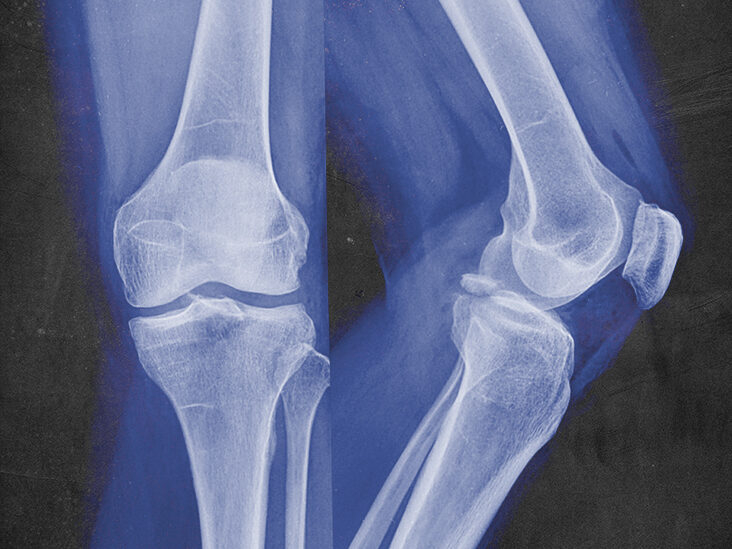Fractures
Vitamin D plays a crucial role in calcium absorption and bone metabolism. This is important because taking vitamin D and calcium at the same time helps your body maximize absorption. Low bone mineral density is an indication that your bones have lost calcium and other minerals. This places older adults, especially women, at an increased risk of fractures.
Researchers discovered a strong link between low vitamin D levels and low bone mineral density in a large observational study of over 1,100 middle-aged menopausal or postmenopausal women. According to a study published in Science Translational MedicineTrusted Source, a vitamin-D deficiency increases the start and spread of bone fractures by up to 31%. Vitamin D deficiency also affects bone quality by altering the function of bone-building cells known as osteoblasts and osteoclasts.












